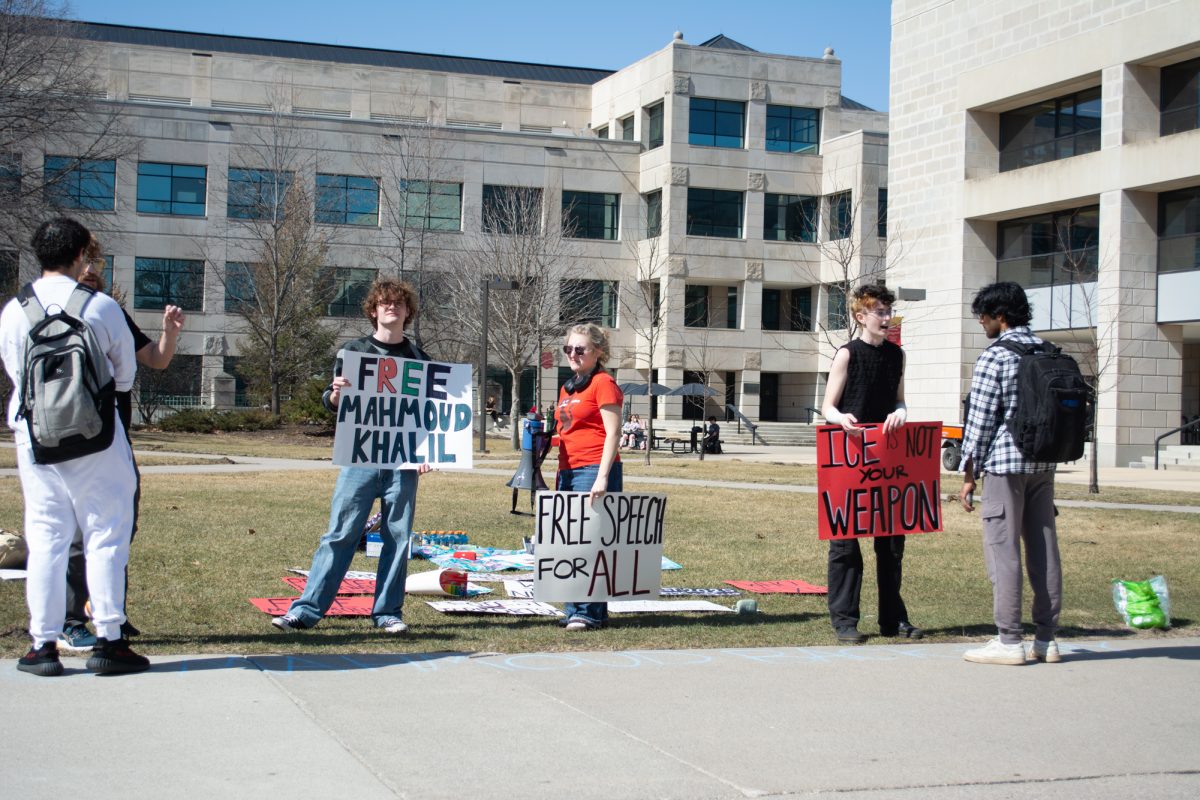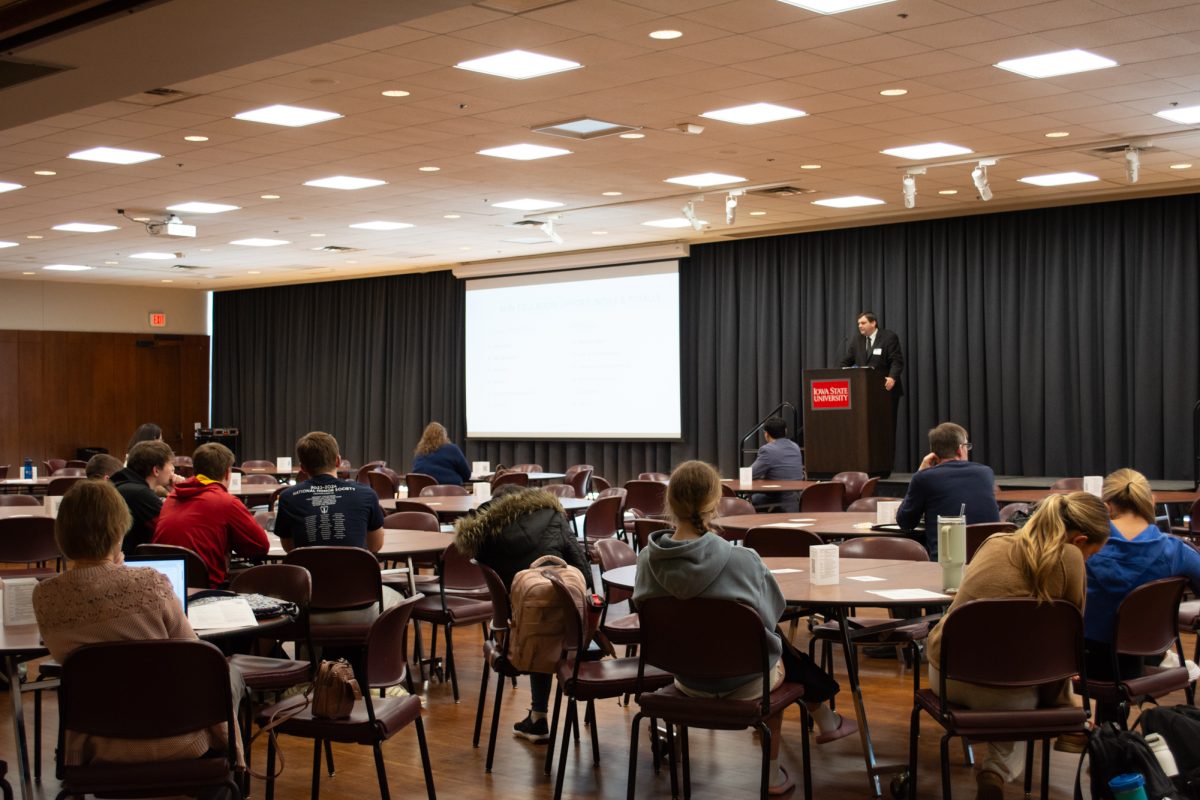Brown: Would immigration reform stop drug trafficking
January 16, 2014
With National Security Agency (NSA) scandals, website troubles, budget concerns and the usual partisan bother, it can be easy to gloss over issues that require attention without making for very good headlines. One such issue is that of immigration reform.
For those who have been living under a rock at the bottom of the sea for their entire lives, there is quite the discussion — currently on hold — over what to do about the increasing number of undocumented, or illegal, immigrants here in the United States.
To be clear, the problem being debated does not stem from an unfathomable number of Canadians coming down from up north. While there are undocumented aliens from all over the world contributing to the issue, the heart of immigration reform deals with our southern border shared with Mexico.
Of course, the majority of Mexicans and those of Mexican descent living in the United States are, by a very large margin, here legally. Likewise, many of those who emigrate illegally across our southern border are not necessarily Mexican themselves.
Those that do cross the border without documentation are, however, in direct violation of our laws. Because of this, many feel that ‘amnesty’ or anything resembling it should not be used as a potential reform. Illegal aliens may very well work with or for citizens, they may have children who are citizens, and they may be indistinguishable from anyone else on the street, but they broke the law.
In all honesty, the argument against amnesty seems like it should be common sense. If someone breaks the law, they should be punished, not simply forgiven. Whether or not the law is desirable or fair does not really matter. The whole point of laws is that they are rules which we all must obey, regardless of our personal feelings on the matter
So in granting amnesty to those that illegally came to the United States, we would be sending a message that it is sometimes OK to break our laws, which is not really something any government would want to say.
Additionally, some undocumented immigrants have committed more crimes than just crossing our border. Stories abound of aliens that travel to the United States bringing drugs, human captives and a host of other illicit things. Trying to figure out which immigrants should be held accountable for these acts would be problematic to say the least.
There are those who believe that this is perhaps the biggest problem in dealing with immigration reform. United States Rep. Steve King (R-Iowa), who represents those of us registered here in Ames, weighed in on the subject this past summer
In response to a proposed Development, Relief, and Education for Alien Minors act, which would provide a path to citizenship for some illegal aliens (notably including undocumented high school valedictorians), King claimed, “For everyone who’s a valedictorian, there’s another 100 out there that weigh 130 pounds and they’ve got calves the size of cantaloupes because they’re hauling 75 pounds of marijuana across the desert.”
Of course, the numbers King uses are completely fictional, the implications are exceedingly stereotypical, and the whole remark is clearly offensive. It would seem that there is nothing productive to gain from King’s comments, but they actually provide insight to the way immigration reform is being framed for the people of the United States.
Those who oppose amnesty will tell you that there is a drug problem, which amnesty will fail to adequately fix. What those such as King probably will not say is that other proposed solutions would also do little to combat drug smuggling.
Would a thousands of miles long fence stop drug smuggling? Would a doubled, tripled or quadrupled border guard stop drug smuggling? Would magically deporting all resident illegal aliens stop drug smuggling?
Of course not.
Drug markets are not driven by the ease with which drugs can be distributed. They are driven by the demand for illicit substances. This means that try as we might, attempting to stop drug rings by arresting dealers and smugglers is an exercise in futility, as more will always pop up to take advantage, however briefly, of the market void.
This problem is made even worse when criminals use kidnapping and threats to coerce otherwise law-abiding individuals into service as a human drug mules which are both expendable and devoid of any information that would be useful to law enforcement.
So no, immigration reform that includes something like amnesty will not solve the drug smuggling problem we have on our southern border. Then again, neither will any other proposed solution.
Perhaps instead of focusing on what potential reforms would not do, we can look at the problems they would solve. A modified form of amnesty, along with an easier legal route into the United States could get undocumented workers paying taxes. It could reduce the need for law enforcement. It could allow for residency without extending all of our country’s benefits and assistance programs. It could do a great many things.
These solutions can only occur; however, if we as a country actually move forward with reform efforts.






